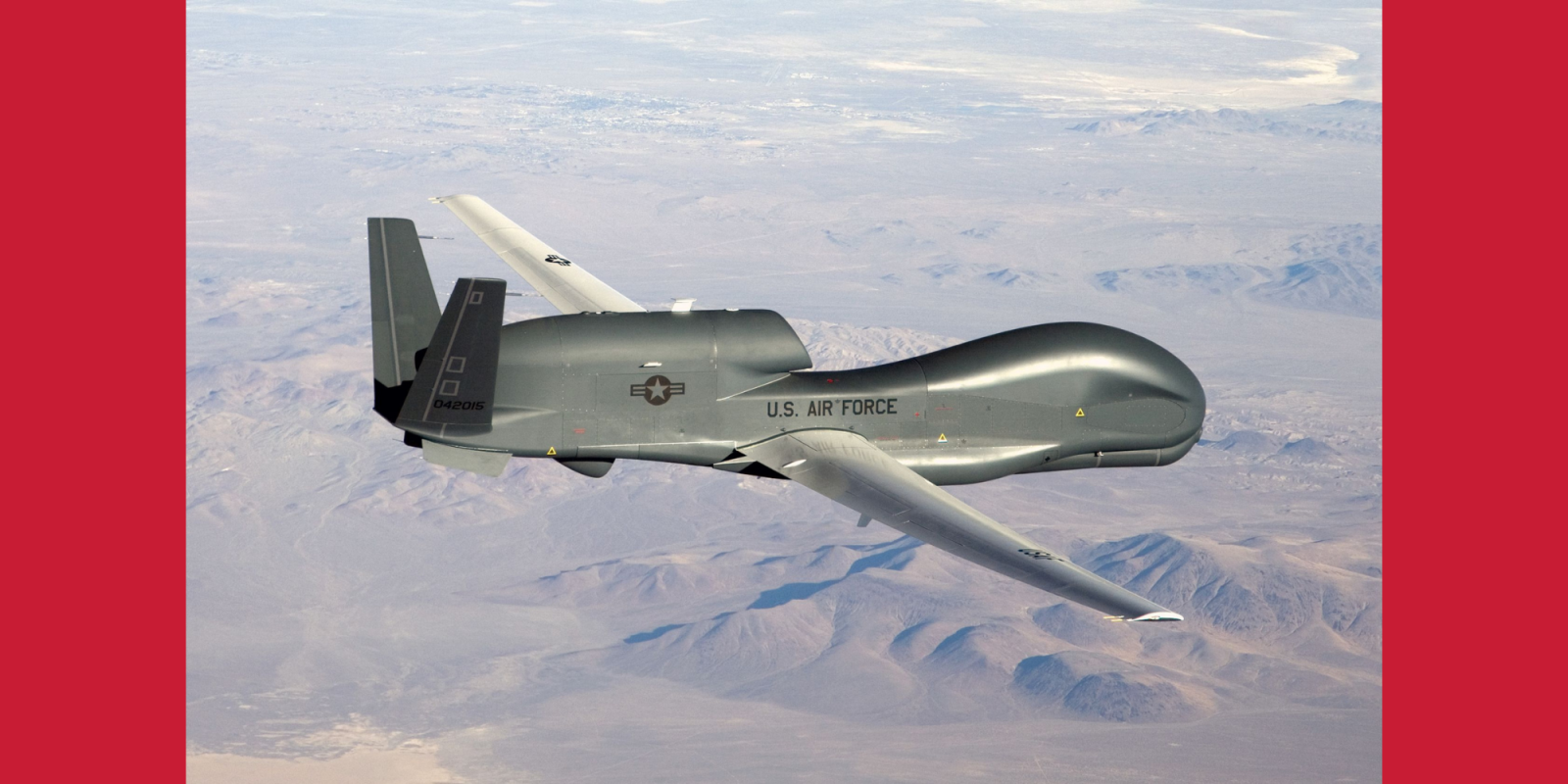
In a move that may get Jeff Bezos, Elon Musk, and other Internal Revenue Service-averse billionaires contemplating a move into the armed forces, legislation has been tabled in the US seeking to extend many remote operators of military drones the same tax-exempt combat compensation that troops in combat battle receive.
The bipartisan-sponsored bill was introduced this week by Senators Jacky Rosen (D-Nev) and Marsha Blackburn (R-Tenn.), who along with House Representative Steven Horsford (D-Nev.) believe the realities involved in piloting military drones expose operators to similar stress and trauma that on-ground troops face. Providing those technicians the same compensation – including tax exemption of combat pay – is one way the trio wants to address those job-produced hardships.
“Warfare is increasingly conducted stateside, yet drone crews engaged in active combat situations are not recognized as having served in combat by the military and therefore do not receive benefits or care commensurate with their service,” Blackburn said. “These service members experience similar stressors to their colleagues who are physically overseas and see similar horrific events play out, and deserve to be treated as such.”
The legislative initiative follows a New York Times article published in April that considerably changed the way many people regard members of military drone operations. The portraits of lives damaged, or even shattered by the consequences of overseeing those UAVs in attacks or even surveillance missions modified previous perceptions of pilots as joystick-shifting enablers of strikes notorious for collateral victims they can claim.
Whether that reporting was a catalyst for the proposed legislation or not, the three authors – all of whom serve on their respective chambers’ Armed Services Committees – insist the operational conditions described in the story must be taken into account, no matter where the command center is located.
Currently, military drone operators receive a monthly salary, housing and subsistence allowances, and an untaxed flight stipend. Under the proposed law, income paid to remote pilots of drones in officially designated battle zones would be classified as combat pay, which is not taxed.
Most US military drone pilots work in programs run from Nevada’s Creech Air Force Base and a small number of command centers closer to the eastern seaboard, often in support of troops physically present in combat areas. If passed, the bill would put those former personnel on the same tax-exempt footing as the latter group, in recognition of the stress levels involved in flying furtive reconnaissance or intelligence missions, not to mention strikes that injure and kill humans – at times unintended civilian victims.
“As our military technology advances, so must the policy that impacts the men and women who serve in our armed forces,” Horsford said. “While the remote situations of these combat operations provide greater security and safety for the members of our military, the mental impact and stress remain the same. I am proud to introduce this bipartisan proposal in the House and work with my colleagues to swiftly advance this legislation. Our troops deserve access to the same benefits for the same type of work, and I will always advocate for their needs.”
FTC: We use income earning auto affiliate links. More.



Comments